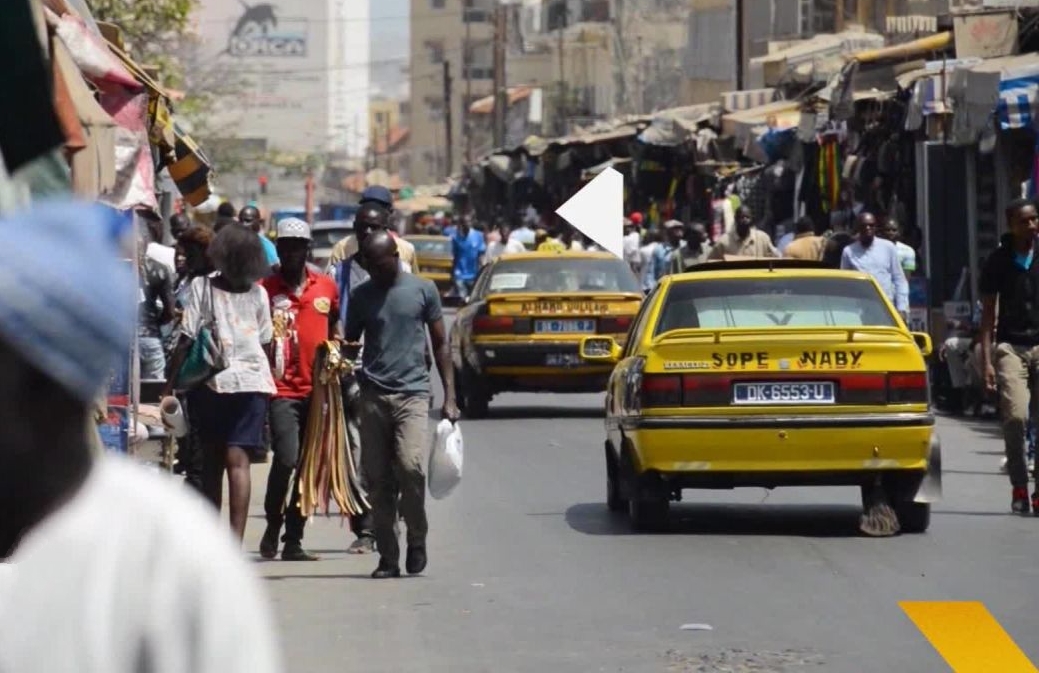Gambiaj.com – (Dakar, Senegal) – Senegal’s economic balancing act is showing signs of strain as fresh data reveal declines in state revenue, trade, and service sector activity. According to the National Agency for Statistics and Demography (ANSD), total state revenue fell by CFA 1 billion in April 2025 compared to March, with a deeper year-on-year drop of CFA 10.7 billion from April 2024.
This seemingly modest monthly decrease masks a sharper internal shift: a CFA 8.8 billion fall in tax revenue was only partially offset by a CFA 7.7 billion rise in non-tax revenue.
While the government has recently stepped up its fiscal discipline and governance reforms, the decline highlights persistent vulnerabilities in Senegal’s public finance architecture.
The drop in tax income may indicate a broader economic slowdown, particularly in the tertiary sector, which has recently shown signs of contraction. It also raises questions about the efficiency of tax collection at a time when authorities are pushing to broaden the tax base and streamline exemptions.
Non-tax revenues, which include income from state-owned assets and administrative sources, increased in April. However, these streams are historically more volatile and less predictable, offering limited assurance for long-term fiscal planning.
Meanwhile, the service sector—one of the main engines of Senegal’s urban economy—suffered a substantial 15.6% decline in turnover in April, according to the Directorate of Forecasting and Economic Studies (DPEE). The commerce sector also recorded a 7.9% drop, with critical industries such as transport, wholesale trade, finance, and scientific services all affected.
Though not yet indicative of a structural crisis, the monthly downturn signals acute fragility in high-value segments of the economy.
Financial and scientific services, which drive innovation and economic transformation, are especially critical.
Their decline raises concerns about the resilience of Senegal’s growth model amid rising global uncertainty and domestic reform pressures.
As the government juggles its investment agenda, social spending commitments, and energy transition goals, every franc in the national budget counts. Policymakers are now faced with the challenge of supporting vulnerable sectors without undermining the country’s long-term fiscal credibility.
Whether this downward trend is a temporary fluctuation or a harbinger of deeper economic turbulence remains to be seen. What is clear is that Senegal’s path forward demands heightened vigilance, targeted support, and renewed focus on strengthening its service-led growth model.










